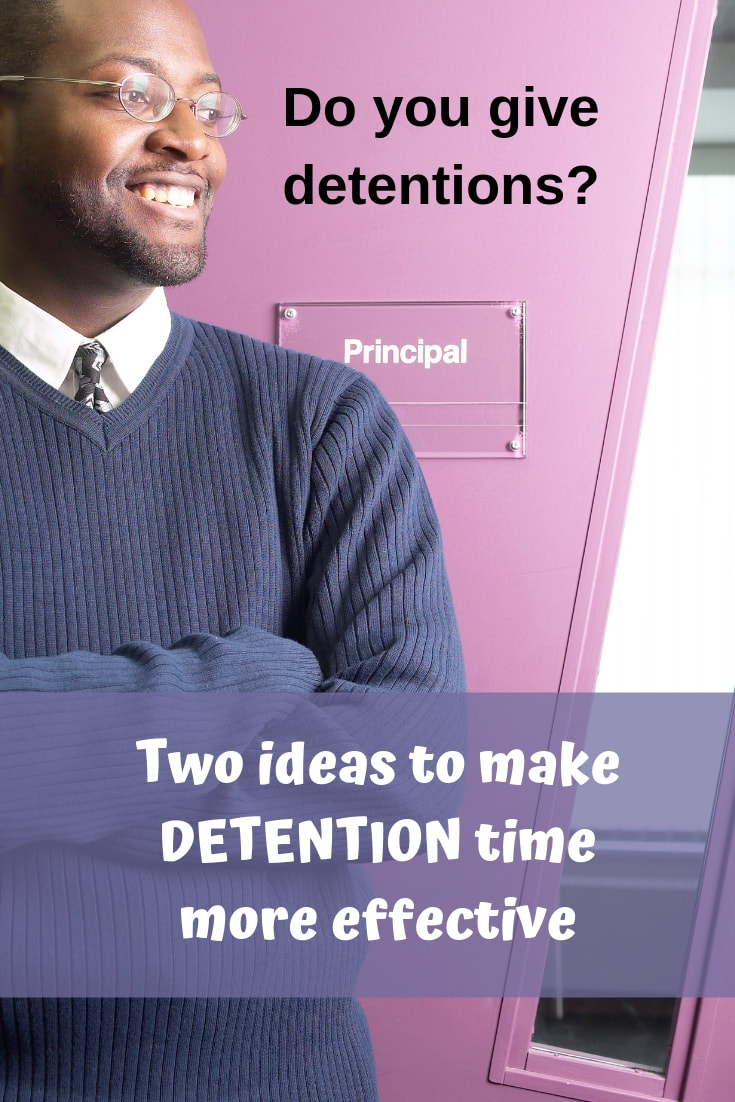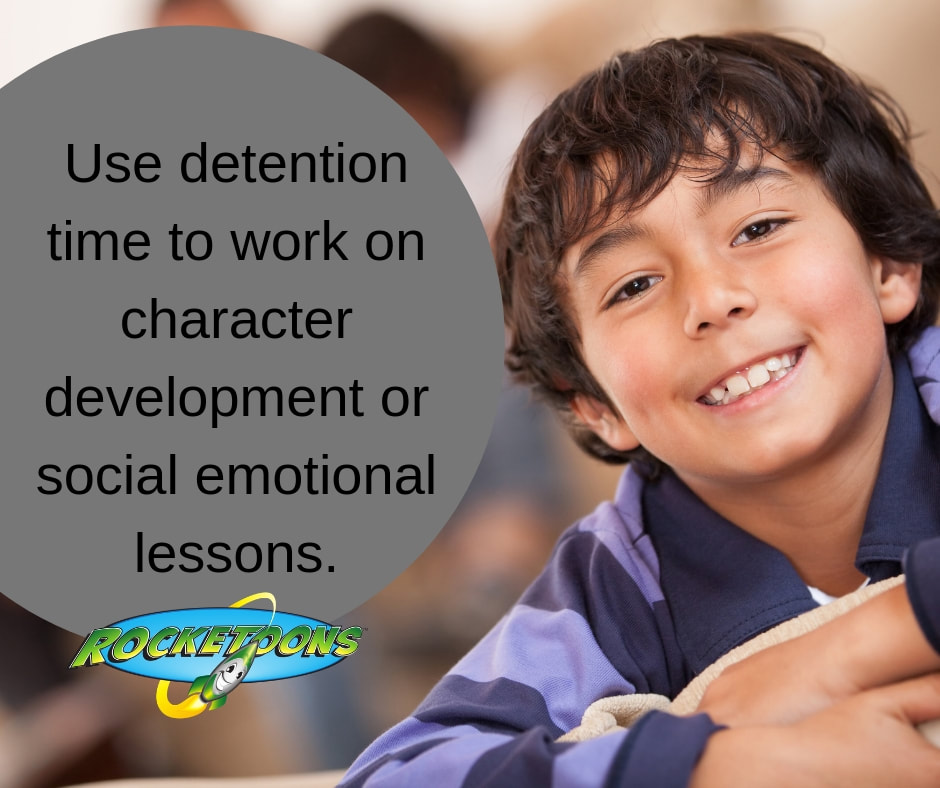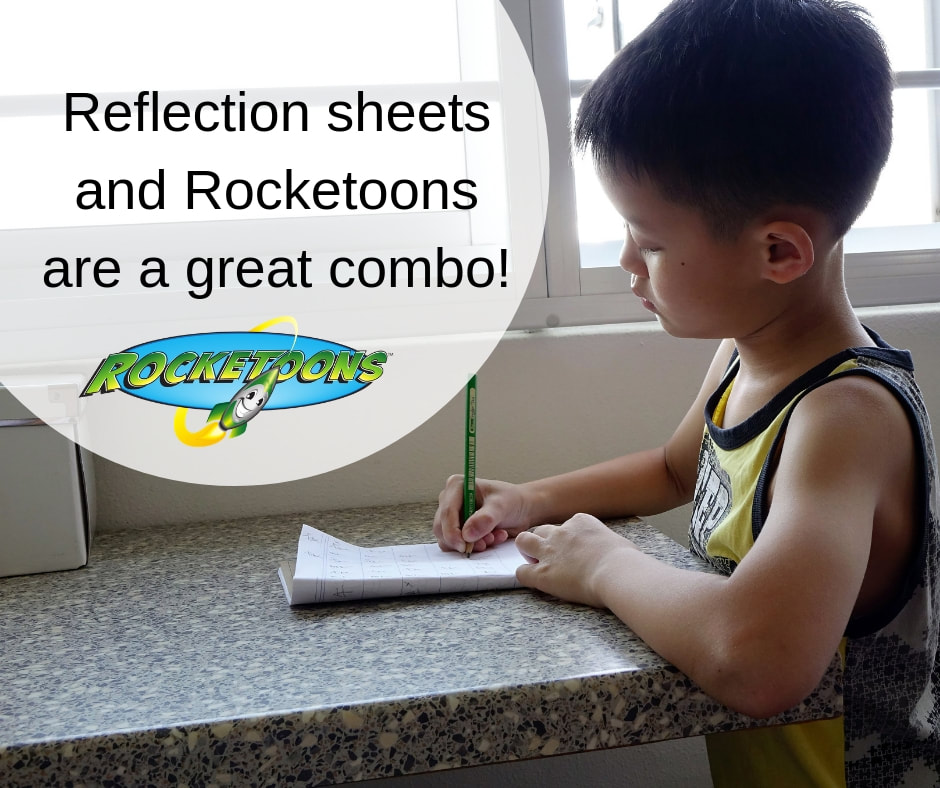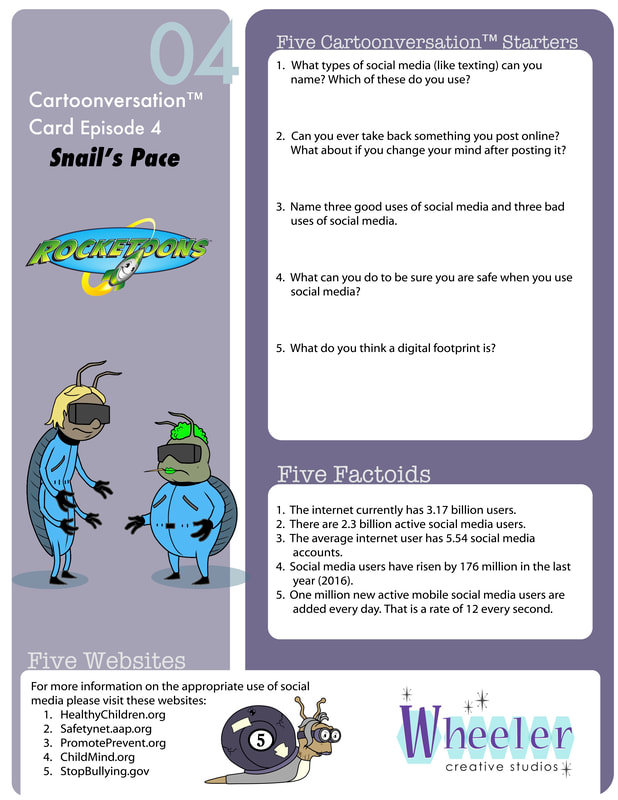|
5/9/2019 1 Comment Rocketoons as a Detention Tool
Because detention is widely used, the question becomes: How can teachers, counselors, and administrators make this common form of discipline more effective?Fundamentally, detention is a punishment. EducationWorld.com asked Deborah Sisco, principal of the Colgan Alternative Resource Center in Saint Joseph, MO, how to use detention to improve student behavior. She suggested engaging in active dialogue with the student. “Detention has negative connotations associated with it,” Sisco said. “It is a punishment, so you're not going to completely remove that, but you can lessen it. We don't even call it detention. We just say, 'You're going to have to stay after.' That is also why I don't like quiet reading in detention. That negative association to detention attaches itself to the act of reading. You have to take advantage of this time to teach the student. Be involved.” There are several methods for using detention time in a positive way. Consider these two: Workshops
Reflection Sheets
1 Comment
|
Wheeler Creative StudiosArchives
July 2019
CategoriesAll Assertiveness Bullying Childhood Classroom Management Confidence Cyberbullying Discipline Grieving Happy Healthy Kids How To Use Rocketoons Mindfulness Moving To A New School Parents Rocketoons School Social Emotional Learning Social Media Stress Too Many Activities Truancy |





 RSS Feed
RSS Feed